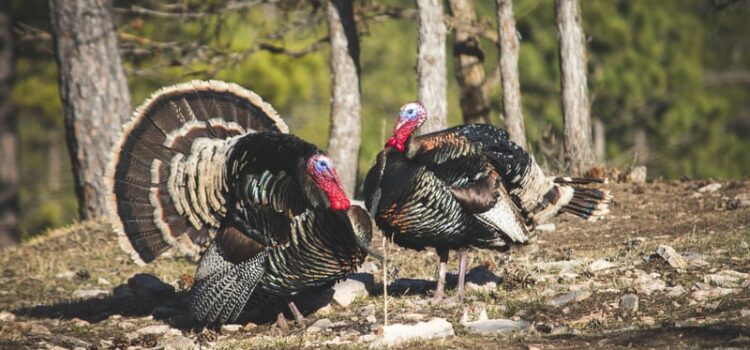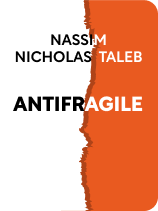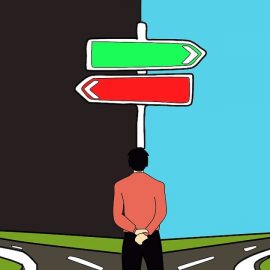

This article is an excerpt from the Shortform book guide to "Antifragile" by Nassim Nicholas Taleb. Shortform has the world's best summaries and analyses of books you should be reading.
Like this article? Sign up for a free trial here .
What’s the turkey problem? How does this concept help explain antifragility?
The turkey problem is fairly simple. If a turkey is fed by a butcher regularly, the turkey comes to predict and expect this system to continue. It is dependent. But one day, it all changes and the turkey learns how vulnerable he is.
Read more about the turkey problem in Antifragile.
The Problem With Being a Turkey
Another perfect example of Extremistan is the life of a turkey raised by a butcher. The turkey spends months being fed and cared for every day, without fail. The turkey trusts, perhaps even loves, the butcher. Every day the turkey gets more confident that the butcher will keep feeding and caring for it forever; and it’s right, until the fateful day when it’s wrong.
The irony here is that the “system” falls apart right at the moment when the turkey is most confident in it. The same thing happens with large corporations, authoritarian governments, and even overprotected children—a child who lives in a bubble (literal or metaphorical) may be very confident in her own invulnerability, only to learn that she’s actually dreadfully vulnerable once that bubble is punctured.
The turkey and the child both made the same crucial error: They saw no evidence that something was dangerous, and took it as evidence that the thing was not dangerous. The turkey was blindsided by the butcher’s knife, and the child by disease, or injury, or the general cruelty of the outside world. Both used their past experiences to try to predict the future, only to learn in the harshest possible ways that the future is unpredictable.
(Shortform note: For more of Taleb’s thoughts on unpredictable events and the unusually large impacts they can have, read our summary of The Black Swan.)
The key to avoiding being a turkey—or a child in a bubble—is to recognize the difference between genuine and artificial stability. Is a system stable, or even antifragile, because it can absorb shocks and adapt to them? Or does it only seem stable because outside forces are temporarily keeping it that way?

———End of Preview———
Like what you just read? Read the rest of the world's best book summary and analysis of Nassim Nicholas Taleb's "Antifragile" at Shortform .
Here's what you'll find in our full Antifragile summary :
- How to be helped by unforeseen events rather than harmed by them
- Why you shouldn't get too comfortable or you'll miss out on the chance to become stronger
- Why you should keep as many options available to you as possible






